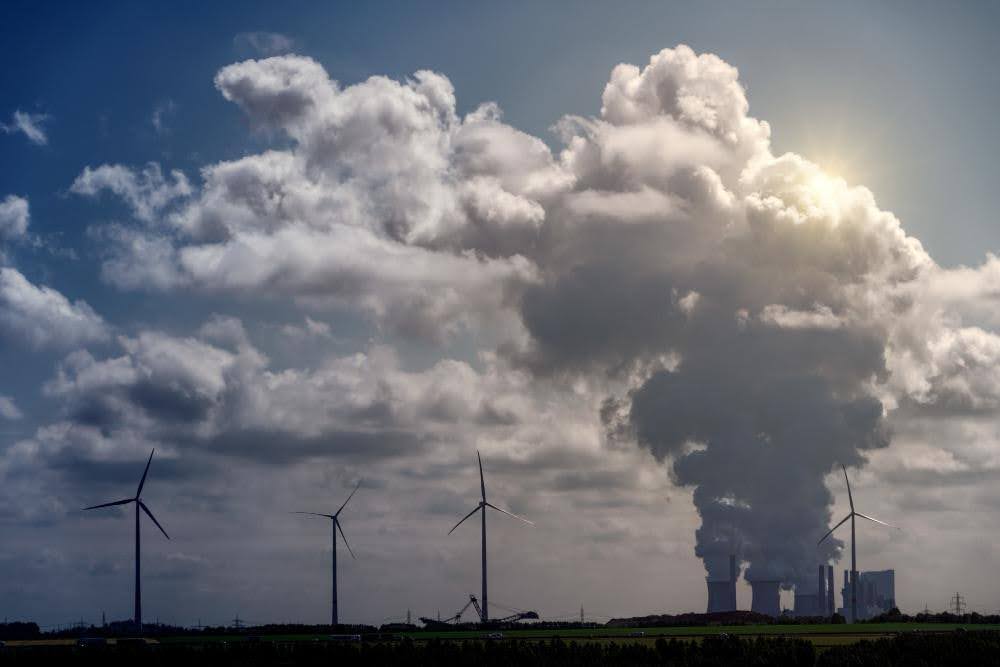
Improving industrial energy efficiency is not only a matter of environmental responsibility but also a strategic business imperative. By reducing energy consumption, businesses can achieve substantial cost savings, enhance competitiveness, and significantly reduce their carbon footprint.
To unlock these benefits, a systematic approach is needed, encompassing a range of strategies from conducting thorough energy audits to implementing cutting-edge technologies.
Identifying Areas for Improvement via Energy Audits
The first step towards achieving industrial energy reduction is understanding where energy is being consumed and where potential savings lie. An energy audit provides a comprehensive analysis of energy usage within industrial facilities. It identifies areas of inefficiency and recommends practical measures for improvement.
There are different types of energy audits, ranging from basic walk-through assessments to detailed engineering analyses. Choosing the right type of audit depends on the size and complexity of the industrial operation. A well-executed energy audit lays the foundation for developing an effective energy management strategy, leading to substantial energy savings in the industry.
Implementing Energy-Efficient Technologies
Following an energy audit, implementing energy-efficient technologies is recommended for realising identified energy savings. There is a wide array of technologies that can improve energy efficiency in industrial processes.
High-efficiency motors, for example, reduce energy losses compared to standard motors. Variable speed drives (VSDs) optimise motor speeds to match actual load requirements, minimising energy waste. Meanwhile, heat recovery systems capture and reuse waste heat, reducing the need for additional energy inputs. Selecting the right technologies depends on the specific needs of the industrial operation.
However, the goal remains the same: to minimise energy consumption and reduce carbon emissions. These technologies, combined with effective energy monitoring systems, ensure that improvements are sustained.
Optimising Operational Practices
Beyond technological upgrades, optimising operational practices is recommended for achieving long-term energy efficiency. This involves a holistic approach, encompassing process optimisation, waste heat recovery, and employee training.
Process optimisation focuses on streamlining industrial processes to minimise energy consumption. Waste heat recovery systems capture and reuse excess heat generated during industrial operations. Employee training programmes educate workers on energy-efficient practices and encourage responsible energy use.
Continuous improvement and monitoring are also vital for ensuring ongoing energy savings. By implementing these operational strategies, industries can significantly reduce their carbon footprint and achieve industrial energy savings.

Case Studies Involving Industrial Energy Efficiency in Singapore
Real-world examples from Singapore demonstrate the tangible benefits of implementing energy efficiency measures in the industrial sector. Several businesses have achieved significant cost savings and emission reductions through strategic energy management.
For instance, Abbott’s Singapore nutrition facility has implemented eight energy efficiency projects since 2018, including VSD air compressors and HVAC improvements. As a result, they achieved 7.99 gigawatt hours of energy savings and 2,459 tonnes of CO2 reduction, with a 12% reduction in energy intensity. Abbott’s dedication to these energy-saving practices earned them the EENP Awards 2023’s top honour for Greenhouse Gas Management.
Similarly, in partnership with Envision Digital, SMRT is leveraging AI to optimise HVAC systems at train stations. During the trials, they observed a 5-10% reduction in HVAC energy consumption. This initiative is proven to help reduce their energy consumption, equating to the average annual energy usage of roughly 1,500 four-room public housing flats.
Energy Efficiency: A Win-Win for Businesses and the Environment
Energy efficiency in the industrial sector is not just an environmental imperative; it is a strategic advantage. By adopting energy-efficient technologies and optimising operational practices, businesses can achieve significant cost savings, enhance competitiveness, and drastically reduce their environmental impact.
As industries strive to achieve their sustainability goals, embracing energy-efficient solutions becomes paramount. REDEX, with its expertise in energy monitoring and commitment to promoting sustainable practices, supports industrial businesses in their energy efficiency initiatives.
By providing access to renewable energy solutions and facilitating the trade of clean energy certificates, REDEX empowers industries to reduce their carbon footprint and contribute to a greener future.

